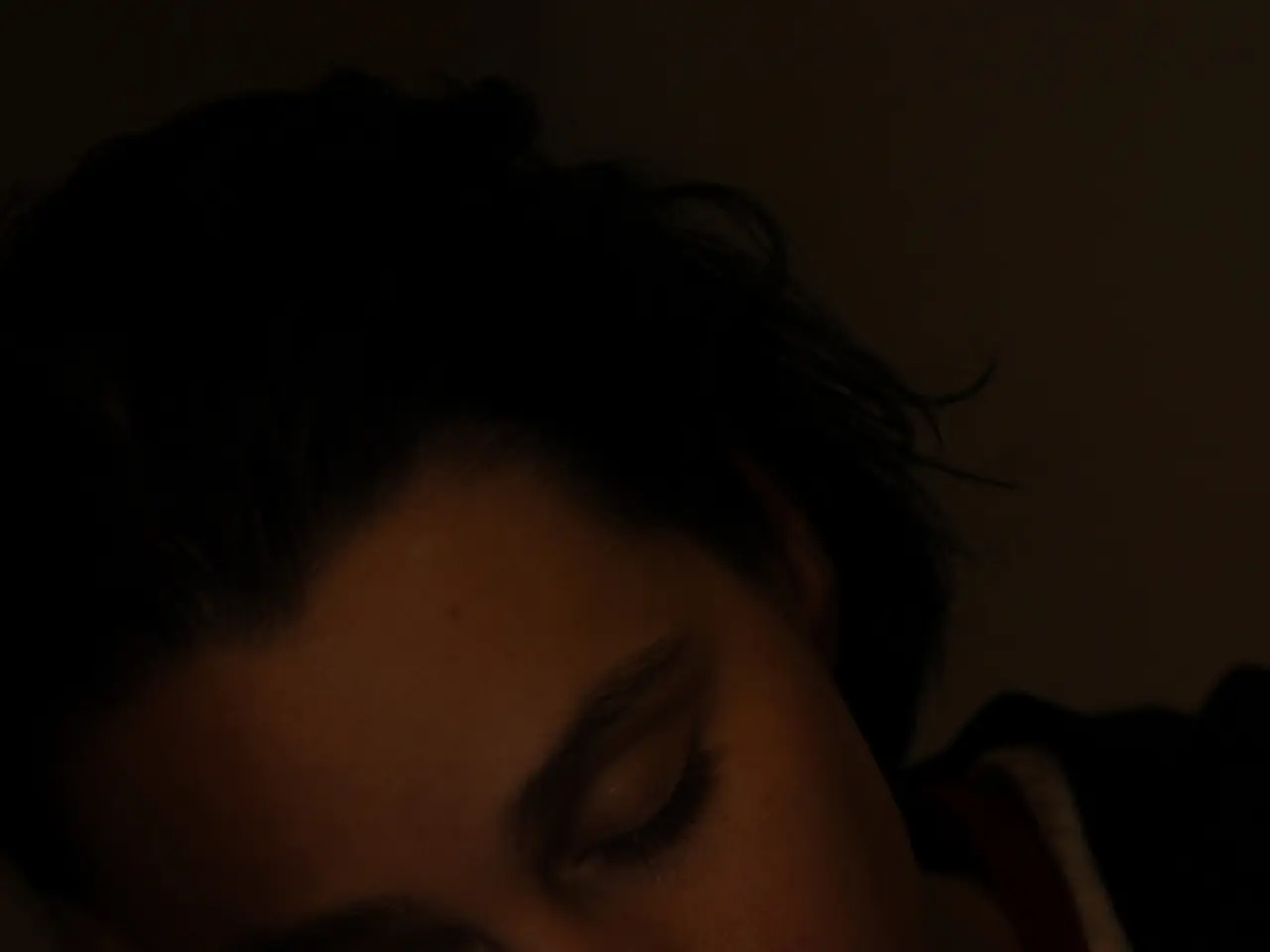Unraveling the Mystery: The Significance of Nightmares and Night Terrors
Nightmares and sleep paralysis are common experiences that can significantly impact our sleep quality and overall well-being. Here's a comprehensive look at these phenomena, their causes, and potential strategies for managing them.
Nightmares: Common Themes and Causes
Nightmares are unpleasant dreams that can leave us feeling distressed and anxious upon waking. Common nightmare tropes include giving a speech in underwear, phone stopping working, being trapped, being chased, being attacked, being paralyzed, being late, injury or death, disappearance of loved ones, involvement in accidents or natural disasters, and the presence of evil.
Stress is a common trigger for nightmares. Frequent nightmares can cause chronic stress, sleep disorders, fatigue, extreme anxiety, fear of going to sleep, sleep deprivation, poor cognition or judgment, and deteriorate the mental wellness of people with preexisting mental disorders.
According to Dr. Dimitriu, the most common nightmares described involve themes of being chased, falling, or experiencing loss of control. These can occur due to stress, trauma, or underlying mental health conditions.
Sleep Paralysis: A Terrifying Experience
Sleep paralysis is a terrifying experience during which a person feels fully conscious but unable to move. This happens when the body is transitioning between wakefulness and sleeping. It's important to note that sleep paralysis may be linked with post-traumatic stress disorder (PTSD) and panic disorders.
People with PTSD may have nightmares reliving and rehashing their trauma. If stress seems out of control, it's a good idea to reach out to a therapist or sleep specialist for help.
Strategies for Managing Nightmares and Sleep Paralysis
Lucid dreaming, where a person recognizes they are dreaming and can control the dream, is a strategy for dealing with nightmares. To get back to sleep after a nightmare, it's best to breathe deeply until calm and then try to go back to sleep.
Preventing nightmares involves getting enough sleep consistently, going to bed and waking up at the same time each day, avoiding alcohol before bed, and trying to manage stress. It's also recommended to maintain a relaxing bedtime routine, such as reading a book or taking a warm bath.
The Connection Between Nightmares and Sleep Apnea
There is a connection between nightmares and sleep apnea, where people with sleep apnea may dream of drowning, suffocating, or not being able to breathe. If you suspect you have sleep apnea, it's important to consult a sleep specialist for a proper diagnosis and treatment.
In conclusion, understanding nightmares and sleep paralysis can help us take control of our sleep and improve our overall well-being. By managing stress, maintaining a consistent sleep schedule, and seeking help when needed, we can significantly reduce the occurrence of these disturbing experiences.
Read also:
- Is it advisable to utilize your personal health insurance in a publicly-funded medical facility?
- Dietary strategies for IBS elimination: Aims and execution methods
- Benefits, suitable dosage, and safety considerations for utilizing pumpkin seed oil in treating an overactive bladder
- Harmful Medical Remedies: A Misguided Approach to Healing




